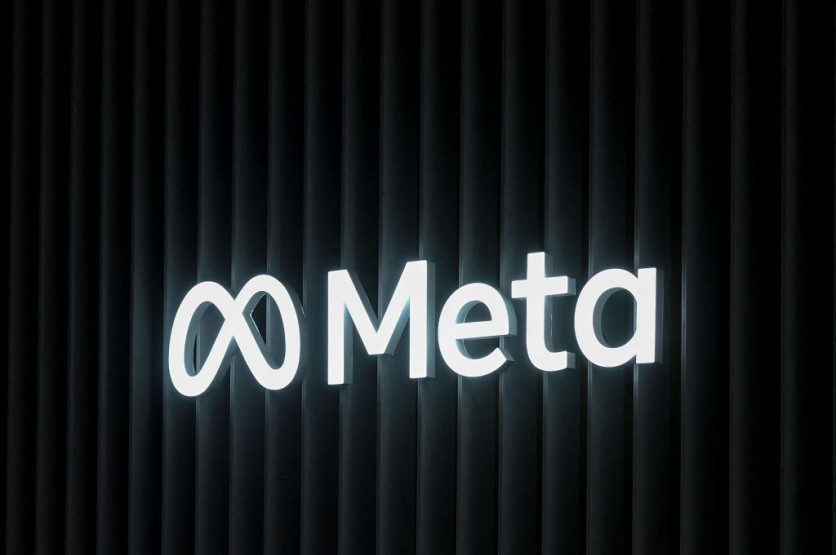Meta, on Tuesday, refused U.S. Federal Trade Commission's proposal to restrict Meta's Facebook from monetizing underage users' data and expand facial recognition technology limitations, among others, by modifying a 2020 privacy contract, Reuters reports.
Meta's Lawyer, James Rouhandeh, pleaded to the US District Court for the District of Columbia Judge Timothy Kelly to scrap FTC's proposed order as he argues it requires the consent of the undersigned parties before any contract can proceed with any modifications.

Zachary Cowan of the Justice Department reportedly argued on behalf of the FTC, claiming that the district court lacked jurisdiction and that it was up to the agency to decide whether or not its settlements should be altered.
Hearing the argument from both sides, the case's presiding judge did not finalize any rule, stating that he was "skeptical" Meta's ideas, likely ruling at least before November 30.
FTC's Proposed Changes
FTC's proposal order was issued last May, when the commission claimed Facebook failed to comply with the 2019 privacy contract and that through its Messenger Kids app, misled parents about their capacity to manage who their children could converse with and misrepresented the access it gave some app developers to sensitive user information.
According to the May-released proposed order, Meta will firstly be under a blanket prohibition from the way that Meta and all of its affiliated businesses use the information they gather from children and teenagers.
The order states that even once those users reach 18, the business would be forbidden from monetizing this data or otherwise exploiting it for commercial benefit. The order specified that Facebook corporation could only gather and utilize such data to deliver the services or for security considerations.
Meta will also be prohibited from launching any new products or services under the proposed changes, stating that it must first obtain a written verification that its privacy program complies fully with the order's criteria and has no significant flaws.
Meta facial recognition technology will also be limited in that any potential future uses must be disclosed to users, and their approval must be obtained.
The proposed changes will also significantly alter Meta's current in-organization practices in that the company must notify any of its commitment violations. Additionally, any future acquisition of Meta by any company must strictly comply with the proposed modifications and current privacy provisions.
Meta, in general, will proposedly improve several privacy program measures, including those that deal with privacy review, third-party monitoring, data inventory and access controls, and employee training.
Meta's Response and Refusal
Meta previously responded to the proposed changes, seemingly taking offense to the order by stating that FTC's order is a "political stunt," and that it is a blatant attempt to usurp the power of Congress to impose standards across the board by focusing on a single American company while allowing Chinese firms like TikTok to operate freely on American soil.
Meta described FTC allegations that the company had privacy violations as "years-old incidents that [the company] fully disclosed and fixed... - in some instances, even before the order was originally finalized."
Meta reinstated the company's commitment to its users' privacy after making significant investments to develop an extensive "rigorous" privacy program. One that has long required permission before any company or application can use "nonpublic data."
The pending rule will decide whether or not the case will escalate and require an FTC judge or a district court, further discussing and eventually deciding whether or not the privacy contract will be modified.
Related Article : Meta to Settle $37.5M on Facebook's Location Tracking Feud, Now Waiting for Judge's Approval


![Apple Watch Series 10 [GPS 42mm]](https://d.techtimes.com/en/full/453899/apple-watch-series-10-gps-42mm.jpg?w=184&h=103&f=9fb3c2ea2db928c663d1d2eadbcb3e52)


